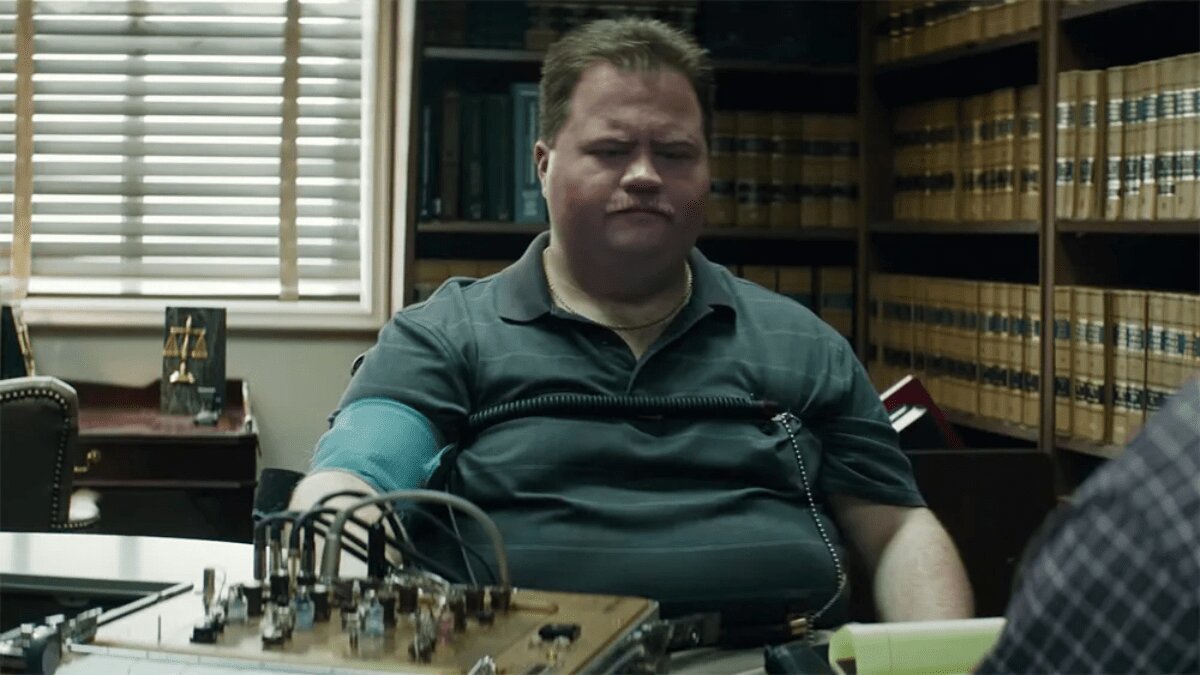Clint Eastwood, renowned both as an actor and director, played a significant role in reshaping Western cinema and later ventured into directing acclaimed films across various genres. While Eastwood’s films often explore significant moments in American history, his personal politics sometimes detract from the narrative cohesion of his projects. “Richard Jewell,” despite being based on an inspiring true story, highlights some of Eastwood’s missteps as a director.
“Richard Jewell” centers on the aftermath of the 1996 Centennial Olympic Park bombing in Atlanta, Georgia, where security guard Richard Jewell becomes an instant hero after saving lives. However, he soon becomes a suspect in the FBI investigation due to his proximity to the attack. The film follows Jewell’s ordeal as he faces intense scrutiny and hires an attorney to defend him.
Despite a strong performance by Paul Walter Hauser as Jewell, the film idealizes its main character to the point of lacking depth. Eastwood’s portrayal of Jewell as an unflinching underdog becomes repetitive, and the straightforward narrative structure results in a lack of suspense. Additionally, the film mishandles its depiction of journalist Kathy Scruggs, portraying her in a derogatory manner that conforms to sexist stereotypes.
The film’s portrayal of Scruggs’ actions and relationships with FBI agents is deemed disrespectful and inaccurate, detracting from the overall narrative. Despite moments of promise and strong performances, particularly by Kathy Bates, who earned an Oscar nomination for her role, “Richard Jewell” ultimately falls short of doing justice to its subjects and the story it aims to tell.
While Eastwood’s passion for the material is evident, his tendency to simplify complex situations results in a film that misses the mark. “Richard Jewell” is available for streaming on Prime Video.


